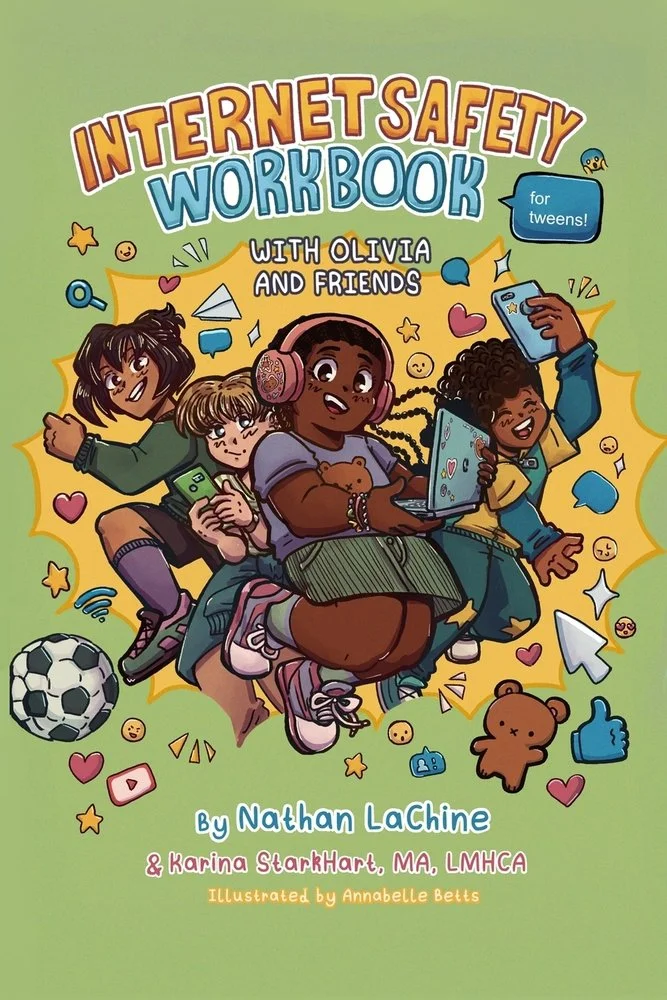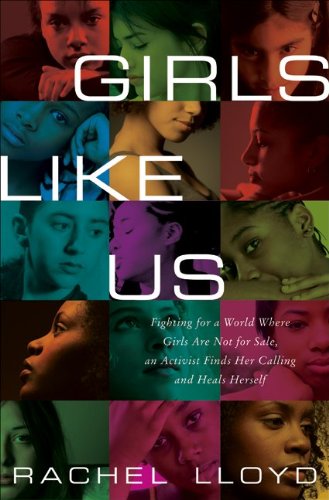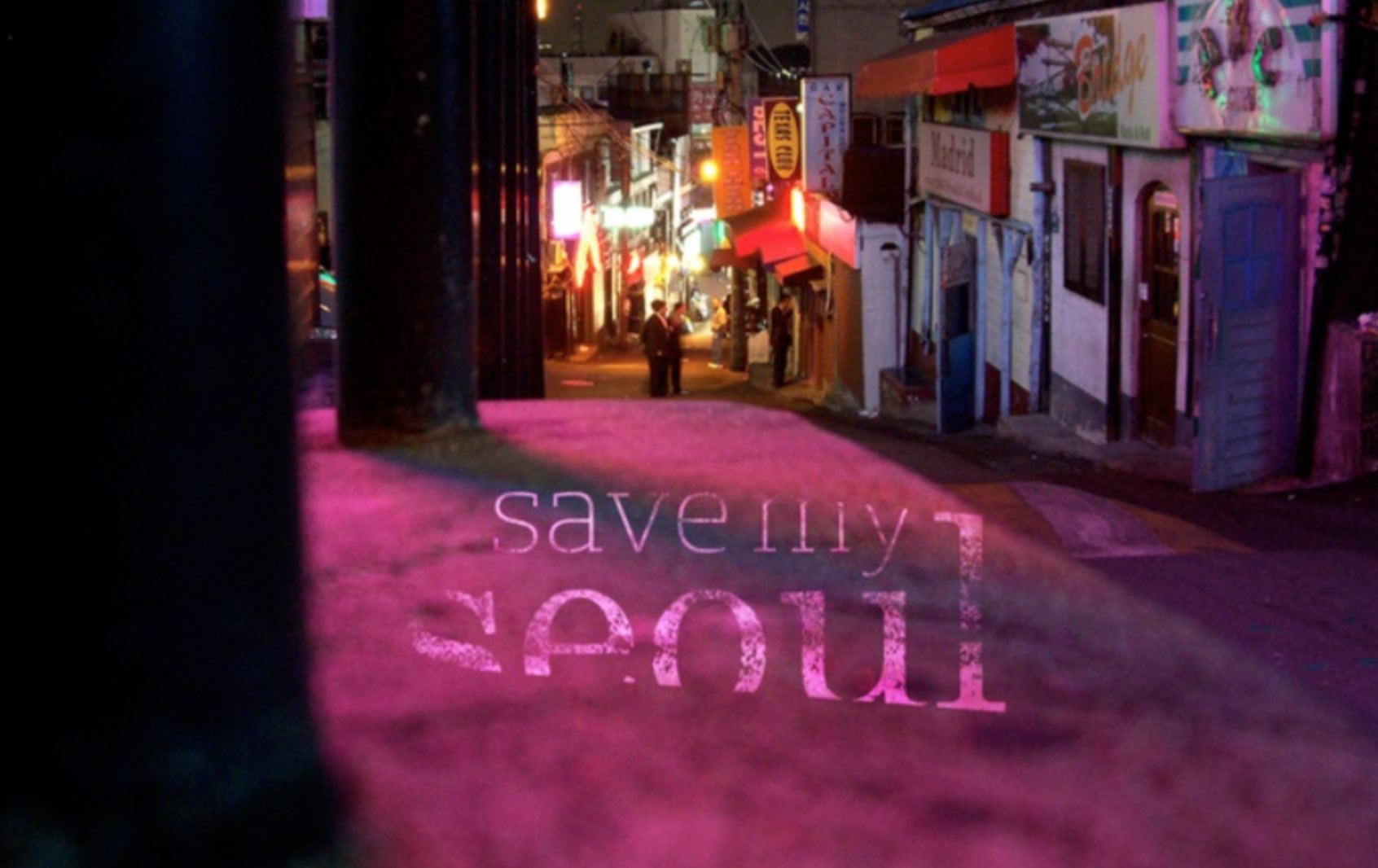With the average age of entry lingering around 12 years old and online exploitation as an aggressive recruiting tactic, we must equip kids to stay safe online. It can feel uncomfortable to talk about something as dark and complex as human trafficking, but our kids are waiting for us to be brave enough to answer their questions!
Here are three helpful resources to help 10-17 year olds:
She Has A Name’s Online Learning Platform
This free, online course begins with safe versus abusive relationships and a lesson on how to stay safe online before providing an age-appropriate discussion on human trafficking. The course is ideal for 10-17 year olds. She Has A Name developed this resource with The Center for Family Safety & Healing, and updates are made annually to ensure the content is up to date.
Take the Course here and select the “student” track when registering with your email and creating a password.
Fight the New Drug
Porn Kills Love: A youth-centered resource focused on education around pornography. They have information about brain & mental health, exploitation & trafficking, and relationships & intimacy. Articles, videos, and live presentations are available to equip young people. Plus resources for parents, educators, and those in recovery from porn addiction.
Check Out Fight the New Drug >>
The Internet Safety Workbook with Olivia and Friends
The internet is an exciting and powerful tool, but it also comes with risks-especially for young users. This workbook provides an engaging and hands-on approach to teaching kids about online safety through real-life scenarios, fun activities, and thoughtful discussion prompts. With guidance from this book, kids will develop essential digital literacy skills, including recognizing online predators, protecting personal information, and understanding the consequences of sharing images and messages online.
Kids are challenged to consider options for safer choices and to talk to their parents when difficult situations come up. Parents and caregivers are encouraged to participate, using "Chat Starters" to spark meaningful conversations. The workbook also includes an internet usage agreement designed to empower families to set healthy online boundaries together.
With its blend of storytelling, educational exercises, and practical tools, this workbook is an essential resource for fostering safer, smarter digital habits in today's connected world.


















